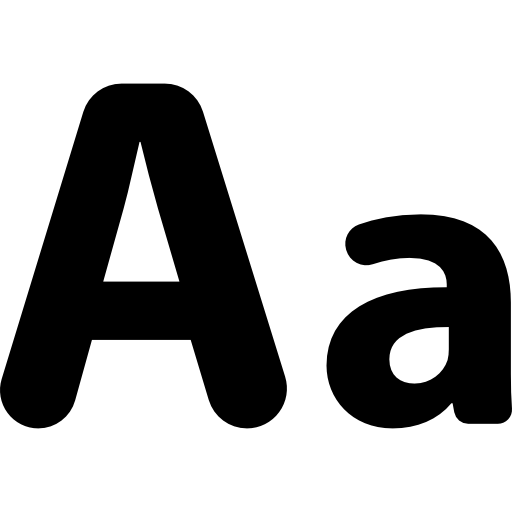Speaking at the "7th Joint Meeting of the Turkish National Commission for UNESCO," Minister Tekin referred to the changes made in the curricula with the "Century of Türkiye Education Model" and stated that the new curricula include informative and guiding statements on what young people should do to protect, respect, internalize, and transfer both tangible and intangible cultural heritage to future generations.
Minister Tekin, emphasizing that the starting point for each young person is to recognize and engage with the cultural heritage and environment of the city they live in, stated, "This is what we actually mean by a generation that respects its national, spiritual, and cultural values, which we have addressed as a key focus in our programs.
Minister Tekin reminded that they have issued circulars to ensure that children start the day with physical activities and that traditional children's games are reactivated in schools in order to pass them on to future generations and said that the Turkish National Commission for UNESCO is also working on this issue.
Minister Tekin, emphasizing another important initiative they have implemented to enhance students' proficiency in Turkish, stated: "We have initiated a comprehensive process regarding our language. First, we abandoned the traditional principle of measuring language skills through exams based on tests and classical assessments. Instead, we began evaluating both Turkish and Turkish Language and Literature courses through the four basic skills. While this approach sparked some debate, we raised the passing grade for both subjects to 70, which differs from other courses. To support this initiative, we developed several projects such as 'The Richness of Our Language,' 'Our Vocabulary,' and 'Reading the Dictionary is Freedom.' This was implemented last year, and we will continue with the same commitment this year."
Minister Tekin stated that such projects will support the work of the commission, create areas of close cooperation, and make its work more functional.
Minister Tekin, emphasizing that education is one of the key fields of UNESCO, stated, 'We did not have a representative office within UNESCO to coordinate this relationship. After returning from the general conference last year, we took a step in this regard, and a representative office of the Ministry of National Education was established both at the OECD and UNESCO. This is important in terms of establishing relations and connections there.
President of the Turkish National Commission for UNESCO Prof. Dr. Öcal Oğuz also stated that since the establishment of the commission, it has ensured the recognition and awareness of UNESCO's global mission at both national and local levels and has also worked in cooperation with relevant ministries to bring Türkiye's education, science, culture, knowledge, and values to international platforms.






























